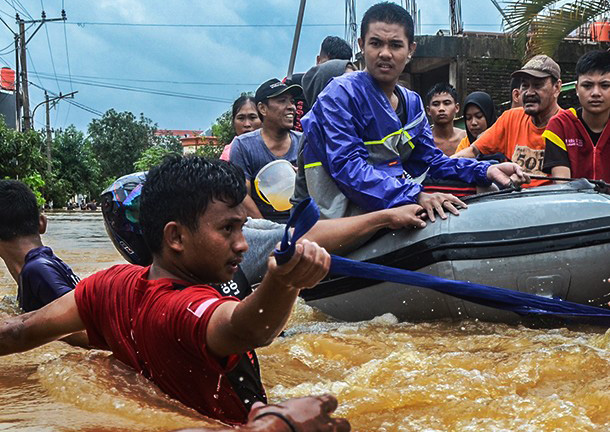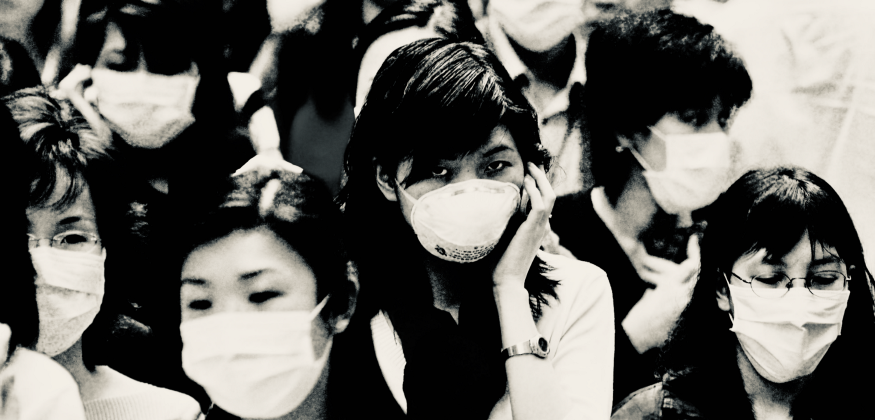Why work on changing societal mindsets? And what will it take?
Despite our best efforts (and many victories), we are still bearing witness to a world that is being increasingly maltreated. We have spent decades tackling activities leading to deforestation, biodiversity loss, soil and water contamination and climate change. But we are failing to make the significant systemic changes at a rate needed to save our environment. Why is that?
Because we have not been focusing our efforts on the root cause of our problems; the power structures and our mindsets.
As Donella Meadows wrote in her seminal article ‘Leverage Points: Places to Intervene in a System‘ “people who have managed to intervene in systems at the level of paradigm have hit a leverage point that totally transforms systems.” In other words, if we can change people’s fundamental worldviews about how we should relate to each other and the natural environment, then we can make significant headway in creating a peaceful and sustainable world.
Our research also supports this; our culture or societal mindsets (the stories we tell ourselves about who we are and how the world is functioning) sits at the heart of people’s behaviour. Changing societal narratives and social norms change the way people think, feel and behave, and with it the systems and the culture we live in.
Greenpeace has some experience with stimulating mindset shifts through their ‘mind bombs’; actions that create such a powerful image about an issue that it breaks the ideas or stories people have about it. We need more of this type of campaigning; campaigns that aim to completely change how people view the world. This will require us to reconsider what we define as ‘success’, and go beyond achieving short-term environmental victories. It will also mean engaging with new and key audiences, to challenge what they’ve accepted as ‘normal’, and change the way they think about, and use their power.



